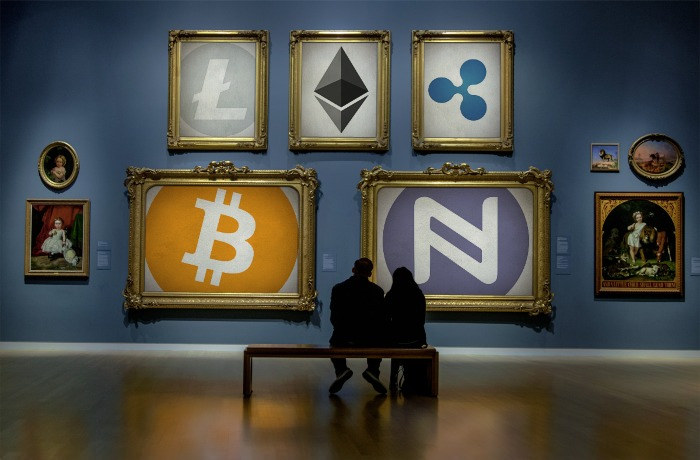The Alternative Investments Tempting Millennials
 The millennial generation that now makes up the young adult population is famously distrustful of the stock market. That doesn’t mean no young people are investing in stocks, but it does mean many of them are more wary to do so.
The millennial generation that now makes up the young adult population is famously distrustful of the stock market. That doesn’t mean no young people are investing in stocks, but it does mean many of them are more wary to do so.
Having grown up on a struggling jobs market, Wall Street corruption, and the “Great Recession,” they simply see the stock market as a place where nothing is as it seems.
As a result of this, a lot of people who would fall under the millennial banner are seeking out alternative forms of investment – even if only on a semi-serious basis. This is a quick look at some of those forms, as well as whether or not they make for wise ventures.
Mobile Stocks
This isn’t actually an alternative to the stock market, but it feels like one, which in some cases can make all the difference. The leading app in this category is one called Robinhood that allows for real stock trading with tiny amounts and no transaction fees, and you can actually read about how it’s gotten millennials to invest.
At the time the referenced article was written, roughly a year before this piece, Robinhood had about two million users and had recorded some $75 billion’s worth of transactions.
And while its user base is by no means entirely comprised of millennnials, this is the audience it’s likely to reach simply because younger people use apps more, and younger people aren’t already invested elsewhere.
In a sense this is the most savvy and responsible alternative investment idea for millennials because it’s basically the same thing as getting
into the stock market.
However, we’d also note that it’s a lot easier to make quick, irresponsible, and emotional decisions with an easy-to-use app than it is with more traditional forms of investment.
Cryptocurrency
The same way that people have long traded precious commodities like gold and silver, or even oil for that matter, a lot of young millennials and college students are starting to trade cryptocurrencies.
Despite that fact that they’re essentially made up, these currencies have gained very real monetary value, and as a result many see them as digital gold and silver for a new age. In some ways the comparison makes sense.
However, cryptocurrency is also highly volatile and difficult to predict. There’s a war between the top options, new coins are entering the market all the time, and we can’t even say for certain what can cause significant swings in digital coin pricing.
For these reasons, while the appeal of cryptocurrency as an easily tradable modern commodity is apparent, it’s also a venture that’s very clearly high risk.
Betting
Betting is available in many different formats, and can seem almost like its own form of investment. Indeed it’s easy to see the appeal. At professional betting sites from Europe, presentation is a huge factor in helping people decide which platform to use, because enjoying the actual experience of navigating the site is a factor.
At more low-key, pseudo-betting sites like DraftKings or FanDuel, there’s a more game-like feel to the whole process, even if real money is being exchanged. Ultimately, while they don’t like the idea of investment, millennials do like their news.
They’re extraordinarily well-informed on sports, politics, entertainment, and anything else that can be bet on, more or less. And that can make these markets seem not just available, but strategic.
The basic idea is that your average millennial might know more about the upcoming NBA season or U.S. congressional elections than he or she
does about the stock market – so why not bet on them to earn some money?
Generally though this is not a sound strategy. Betting, for a variety of reasons, is less safe than investing, so while it’s possible to make money, it shouldn’t be the expectation.
Equity Crowdfunding
One of the really neat things about the millennial generation from a business or financial standpoint is that so many young people today fashion themselves business people.
This can of course backfire when a young person gets in over his or her head with a given venture, but generally speaking these are people who want to create jobs, study startups, and build opportunities out of thin air.
This overall line of thinking appears to be leading a lot of millennials to experiment with equity crowdfunding, which is available through several platforms and basically allows people to purchase equity in companies even if they don’t know the people involved.
The idea is to get in early and make money on shares in the company later on, and though it’s very straightforward (and almost undeniably fun to think about), it’s also another high-risk alternative investment method.
You simply never know what to expect from a new company, which means there will always be uncontrollable variables at hand here.
Category: Investing




